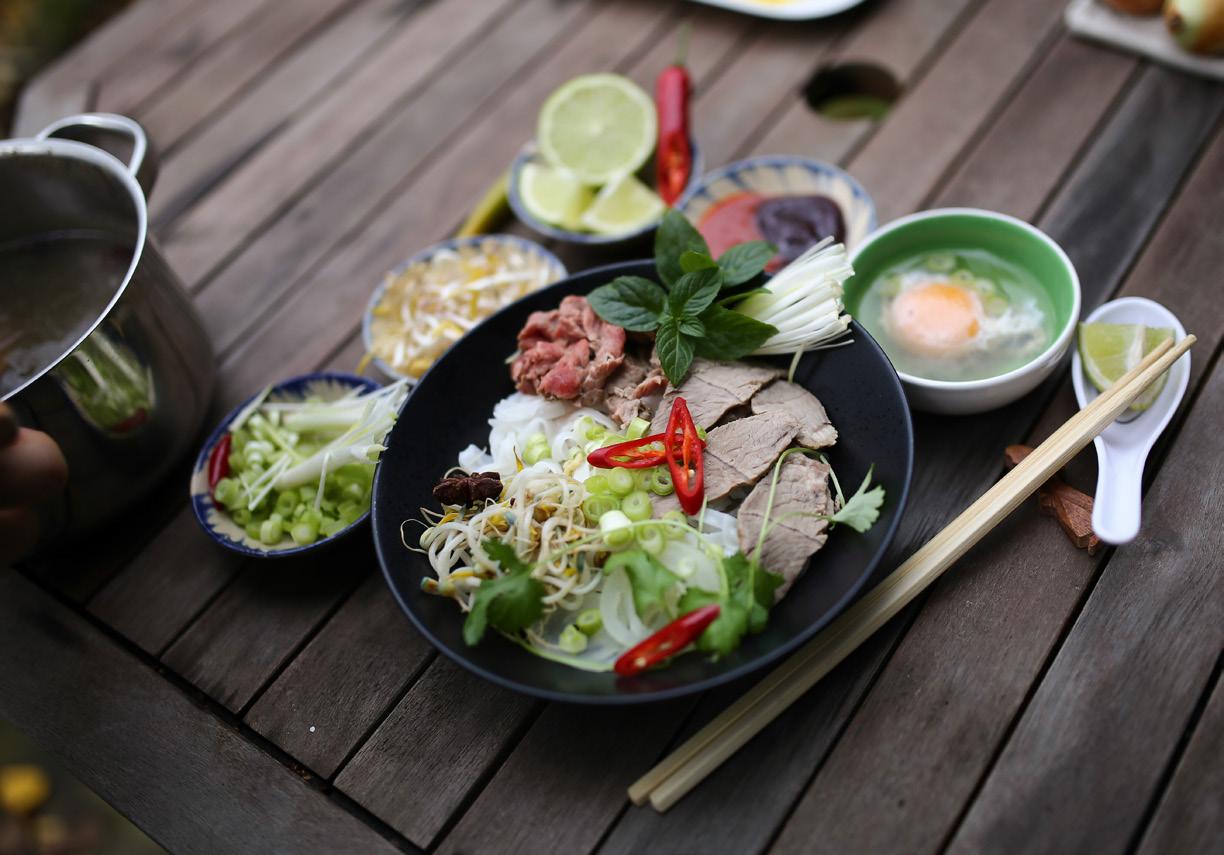
2 minute read
Taste first, think second: Consumers want products that challenge their sensory perceptions
Natural blueprint: Consumers want reassurance that ingredients are real and authentic
Consumers are being more attentive to the ingredients used in the food and drinks that they purchase. This is being driven by a variety of factors. For instance, consumers are becoming more educated about different ingredients in products and more conscious about what they deem to be misleading nutritional information. Product safety concerns are also resulting in consumers being more attentive to ingredient claims while finally, consumers are becoming more health and sustainably orientated.
As a result, consumers are becoming increasingly more demanding about the ingredients used in products being real and authentic, natural, and nutritious. Moreover, consumers are also becoming more conscious about avoiding ingredients that they do not recognise and that they deem to be chemical. Irrespective of the plethora of new ingredients that have entered the food and drink market over the last couple of decades, natural remains a priority claim for consumers from an ingredient perspective. Indeed, natural formulation is the product attribute that consumers are most likely to check after the sensory appeal and price of a product. This is something that will only become more common in a post-pandemic environment.
Naturally formulated products are associated with a variety of benefits. For instance, these products are associated with being healthier, more sustainable, better quality, and safer. Such claims align with a variety of need states that have become more important in the wake of the virus, and will increase perceptions of value amongst consumers.
Proportion of consumers who say it is important
57% 67% 72% 85%
Australia China India Indonesia
However, at the same time, consumers are becoming more sceptical about the practices and policies of brands, especially larger brands. This is because consumers feel that brands can make misleading claims in order to charge a premium price, something that is especially true when it comes to the topic of health and wellness. Natural is a word that is subjective in meaning; it can mean different things to different people. This increases the risk of consumers believing a product is natural for one reason, when in reality, it has been labelled as natural for another – something that will increase levels of distrust towards the industry in general.

As such, it will be more important than ever that brands look to validate claims around natural formulation and, linked to that, other subjective claims such as locality and environmentally-friendly. Ways to help address this is by making use of story-based marketing, and innovations such as blockchain technology.
that products are 100% natural (2019/2020)
54% 88% 80%
63% 72%
Japan Malaysia South Korea Thailand Vietnam
Source: Clean label and naturalness survey, Q1 2019/Q1 2020 (13,000 respondents)










